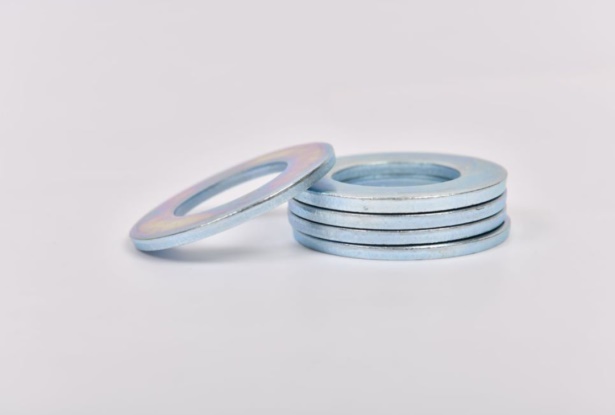Comparing Manufacturers of Crush Washers and Flat Washers for Optimal Performance
Understanding the Differences Between Crush Washers and Flat Washers A Guide for Manufacturers
When it comes to mechanical components, washers play an essential role in ensuring tight seals and proper assembly in various applications. Among the different types of washers—crush washers and flat washers—manufacturers often need to make careful decisions based on their specific requirements. This article delves into the differences between these two types of washers, helping manufacturers understand their unique applications and advantages.
What is a Crush Washer?
A crush washer, often referred to as a sealing washer, is typically made from a softer material, such as aluminum or copper. It is designed to deform under compression. This deformation creates a seal between two surfaces, preventing leaks in applications where fluids or gases might escape, such as in plumbing or automotive systems. Crush washers are commonly used in high-pressure applications, such as oil pans, fuel lines, and other critical sealing areas.
The main feature of a crush washer is its ability to fill in irregularities on the surfaces it’s sealing. When tightened, the washer compresses and molds itself into the grooves and imperfections, reducing the chance of leaks. This characteristic makes crush washers indispensable in environments where reliable sealing is crucial.
What is a Flat Washer?
In contrast, a flat washer is typically made from a harder material, like steel, stainless steel, or plastic, and is primarily used to distribute load, prevent wear, and provide a smooth surface for fasteners. Flat washers come in various sizes and thicknesses, allowing manufacturers to choose the appropriate type based on their application. They are commonly used in combination with bolts and screws to prevent damage to the surface being fastened and to enhance stability.
Flat washers are essential in applications that require vibration resistance and load distribution. They prevent fasteners from loosening over time, making them ideal for structural applications, machinery fittings, and electrical components. The lack of deformation in flat washers allows them to maintain their shape over time, which helps in ensuring the integrity of the assembly.
crush washer vs flat washer manufacturers

Key Differences
1. Functionality The primary difference between crush washers and flat washers lies in their intended use. Crush washers are designed to create a seal by deforming under pressure, whereas flat washers serve to distribute loads and prevent damage during fastening.
2. Materials Crush washers are often made from softer materials to facilitate deformation, while flat washers are made from harder materials that resist bending or compressing.
3. Application Crush washers are typically used in applications requiring leak-proof seals, such as plumbing and automotive. In contrast, flat washers are used in machines and structures to provide support and stability.
4. Installation Crush washers require precise torquing to ensure proper sealing without over-tightening, which could lead to crushing the washer too much. Flat washers allow for easier installation and can withstand higher levels of torque, providing strength without compromising the assembly.
Conclusion
Understanding the differences between crush washers and flat washers is essential for manufacturers seeking to ensure durability and reliability in their products. While crush washers offer superior sealing capabilities for high-pressure applications, flat washers provide load distribution and stability. By carefully selecting the appropriate type of washer for their needs, manufacturers can enhance the performance and longevity of their mechanical assemblies. As industries continue to evolve and innovate, the choice between these two types of washers will play a pivotal role in the overall success of manufacturing processes and product reliability.
-
Top Choices for Plasterboard FixingNewsDec.26,2024
-
The Versatility of Specialty WashersNewsDec.26,2024
-
Secure Your ProjectsNewsDec.26,2024
-
Essential Screws for Chipboard Flooring ProjectsNewsDec.26,2024
-
Choosing the Right Drywall ScrewsNewsDec.26,2024
-
Black Phosphate Screws for Superior PerformanceNewsDec.26,2024
-
The Versatile Choice of Nylon Flat Washers for Your NeedsNewsDec.18,2024










